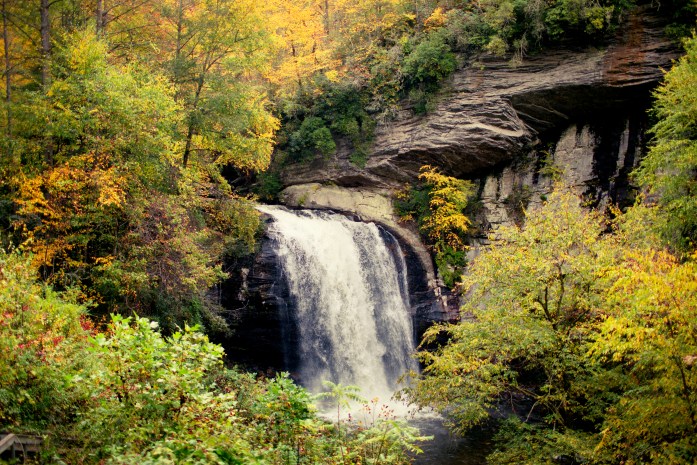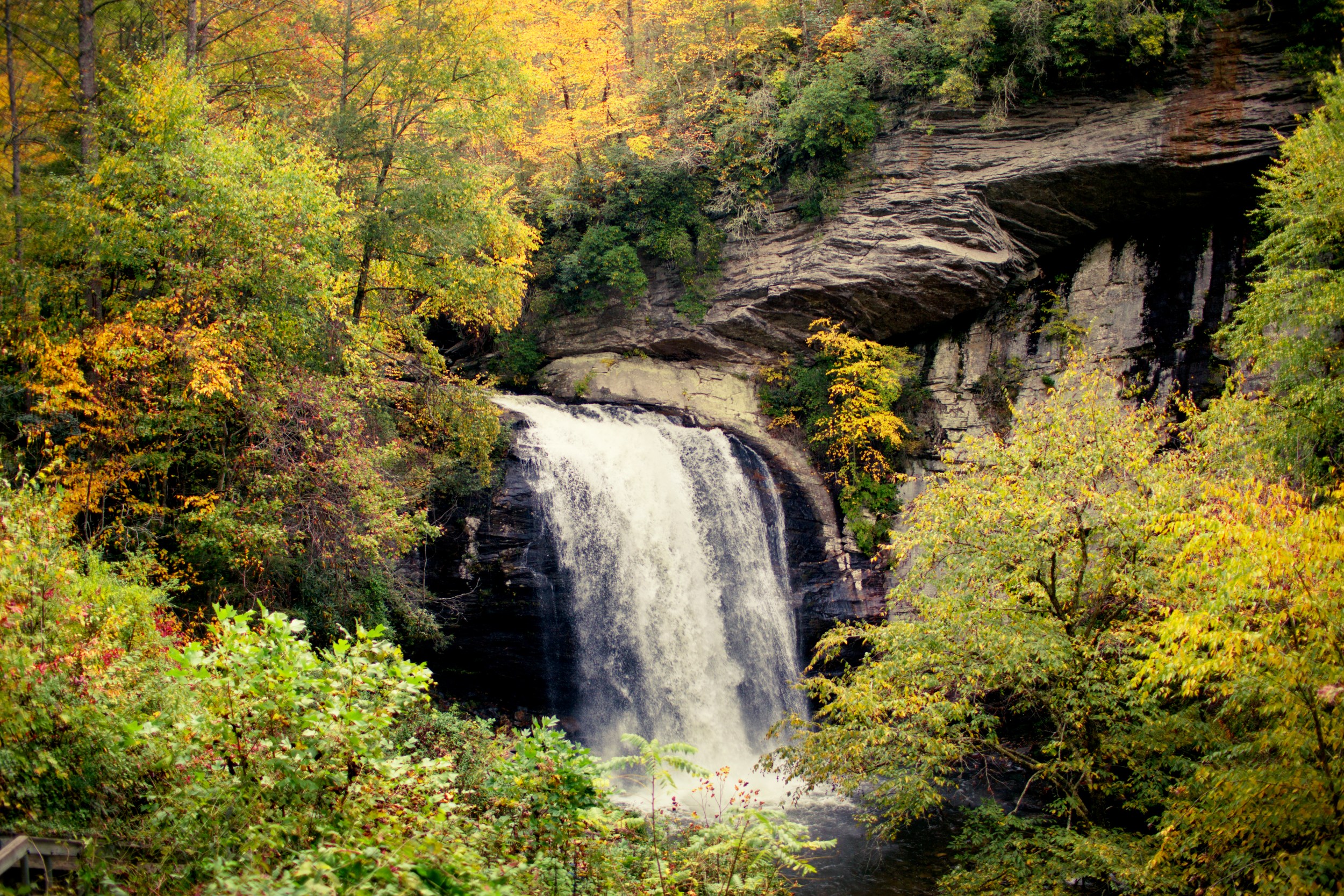Rural North Carolina Experiencing Explosive Airbnb Growth


Airbnb, the world’s leading community-driven hospitality company, announced today that North Carolinians in rural counties earned over $76 million in supplemental income while welcoming 436,000 guests through the Airbnb home sharing platform over the past 12 months. That $76 million in income represents a remarkable 74 percent rate of year-over-year growth.
For this report, Airbnb compiled data for the 80 North Carolina counties officially designated as “rural” by the NC Rural Center — not including the 20 counties designated as either “urban” or “suburban.” That map can be found here.
The 74 percent growth rate of Airbnb guests to designated rural North Carolina counties significantly outpaces the growth rate to urban and suburban counties. The data is indicative of an increasing desire among travelers to get off the beaten path and experience all of North Carolina, not just the big cities or traditional vacation hubs.
This report comes on the heels of new data via a state-commissioned lodging report demonstrating that North Carolina hotels are experiencing significant growth in overall occupancy, revenue and prices. Yet the vast majority of North Carolina’s hotel inventory is centralized in the large metro areas as well as well-known beach and mountain towns. This leaves large swaths of rural North Carolina with very limited traditional lodging options — and sometimes none at all.
As such, home sharing has allowed homeowners in rural regions throughout the state to fill that void and earn valuable supplemental income while opening up their counties to tourism and the revenue that comes with it. For example, Hotels.com lists zero hotels in Yancey County, yet the local Airbnb host community has helped the county take full economic advantage of its growing popularity with visitors, welcoming 9,300 guest arrivals in the past year while hosts earned a combined $973,000 in income.
“The rural communities I represent benefit tremendously from increased tourism in our area,” said State Rep. Destin Hall (R-Caldwell County). “We should continue to support the free-market policies that promote tourism across our state.”
Below outlines the designated rural counties with the most economic activity over the past year.
Designated Rural Counties Where Combined Host Income Exceeded $500,000
*From duration of June 1, 2018 – June 1, 2019
| County | Combined Host Income Over Past 12 Months | Year-Over-Year Growth in Host Income | Guest Arrivals Over Past 12 Months |
| Dare | $13.9 million | 74% | 81,000 |
| Watauga | $6.1 million | 59% | 53,000 |
| Brunswick | $6 million | 86% | 37,000 |
| Avery | $5.5 million | 74% | 48,000 |
| Carteret | $4.2 million | 78% | 25,000 |
| Haywood | $3.9 million | 66% | 33,000 |
| Swain | $3.7 million | 88% | 32,000 |
| Rutherford | $2.9 million | 86% | 20,000 |
| Macon | $2.4 million | 70% | 16,000 |
| Transylvania | $2.4 million | 43% | 19,000 |
| Onslow | $2.3 million | 124% | 13,000 |
| Madison | $2.2 million | 40% | 21,000 |
| Jackson | $1.8 million | 84% | 15,000 |
| Polk | $1.7 million | 105% | 9,200 |
| Moore | $1.4 million | 83% | 9,000 |
| Pender | $1.4 million | 69% | 7,800 |
| Pasquotank | $1.4 million | 121% | 7,800 |
| Cherokee | $916,000 | 41% | 9,200 |
| Yancey | $913,000 | 40% | 9,300 |
| Graham | $755,000 | 63% | 7,000 |
| Craven | $745,000 | 70% | 5,500 |
| Surry | $645,000 | 52% | 7,300 |
| McDowell | $587,000 | 84% | 5,200 |
| Caldwell | $543,000 | 101% | 4,600 |
| Pamlico | $520,000 | 79% | 2,700 |
| Burke | $501,000 | 44% | 4,700 |
Airbnb recently launched an Office of Healthy Tourism, with a mission to support tourism in North Carolina and beyond that is local, authentic, diverse, inclusive and sustainable. The company recently released a report highlighting the #1 most wish-listed listings in 20 North Carolina counties — including several that are designated as rural such as Caldwell and Carteret.
Opening up the state to increased tourism has a trickle down effect both in terms of guest spending at local small businesses and tax revenue to the state and local governments. Thanks to a 2015 tax agreement with the North Carolina Department of Revenue, Airbnb collects and remits taxes on all Airbnb bookings in North Carolina, which delivered $24 million in state and local tax revenue on behalf of its hosts in 2018.
About Airbnb
Founded in 2008, Airbnb exists to create a world where anyone can belong anywhere, providing healthy travel that is local, authentic, diverse, inclusive and sustainable. Airbnb uniquely leverages technology to economically empower millions of people around the world to unlock and monetize their spaces, passions and talents to become hospitality entrepreneurs. Airbnb’s accommodation marketplace provides access to 6+ million unique places to stay in nearly 100,000 cities and 191 countries. With Experiences, Airbnb offers unprecedented access to local communities and interests through 30,000+ unique, handcrafted activities run by hosts across 1,000+ markets around the world. Airbnb’s people-to-people platform benefits all its stakeholders, including hosts, guests, employees and the communities in which it operates.